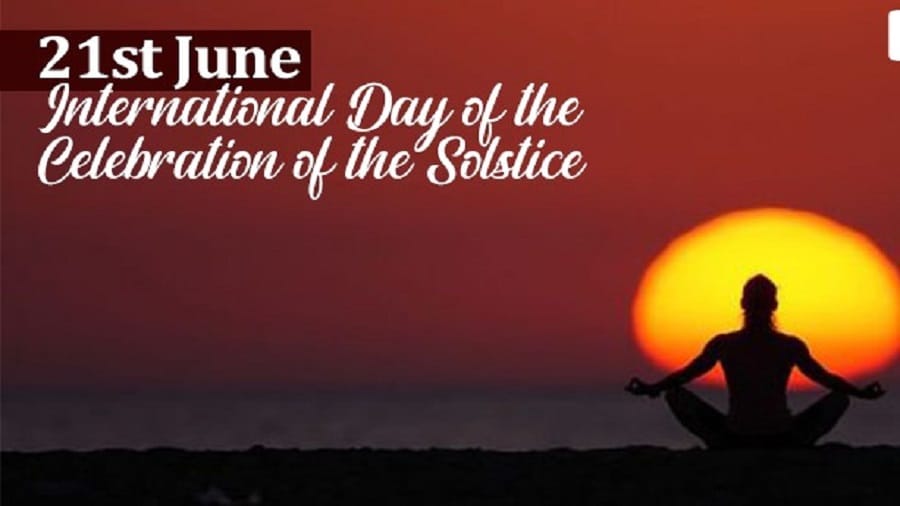International Day of the Celebration of the Solstice and its Significance

The International Day of the Celebration of the Solstice, observed globally on 21st June, serves as a momentous occasion to raise awareness about the profound significance of solstices and equinoxes in various religious and ethnic cultures. Proclaimed by the United Nations General Assembly on 20th June 2019 through Resolution A/RES/73/300, this day aims to commemorate and honor these celestial events that hold deep meaning for humanity.
Understanding Solstice
Solstice marks the point at which the Sun reaches its maximum distance from the Earth, while equinox signifies the period when the distance between the Sun and Earth is at its minimum. Both solstices and equinoxes bear tremendous importance for numerous religious beliefs, including Christianity, Islam, and various other faiths. The term “solstice” is derived from the Latin words “sol” (meaning “sun”) and “sistere” (meaning “to stand still”). This name is aptly chosen as the Sun’s apparent seasonal movement, observed from Earth, seems to “stand still” at its northern or southern limit before changing direction.
The Summer Solstice
The first significant solstice occurs around the summer solstice, often referred to as the “Summer Solstice.” This day marks the official beginning of summer and the longest day of the year. As the Sun shines its brightest and lingers in the sky, it symbolizes warmth, vitality, and the abundance of light. In different cultures and traditions, the summer solstice is celebrated with joyous festivities, such as bonfires, feasts, and outdoor gatherings. It serves as a time for people to embrace the energy of the Sun and revel in the bountiful gifts of nature.
The Winter Solstice
Conversely, the second significant solstice occurs on December 21, known as the “Winter Solstice.” This day heralds the arrival of winter and represents the shortest day of the year. It is a time when darkness prevails, and the Sun’s presence is fleeting. Yet, amidst the wintry chill, the winter solstice holds a profound significance. It signifies the triumph of light over darkness as it marks the turning point when the days gradually grow longer and the promise of brighter times ahead emerges. Many cultures commemorate this celestial event through diverse customs, such as lighting candles, exchanging gifts, and coming together in shared warmth and companionship.
Read More: 21 June in Indian and World History
A Universal Celebration of Unity and Renewal
While solstices hold particular significance for different religions and ethnic cultures, the International Day of the Celebration of the Solstice aims to foster a sense of unity and inclusivity. It encourages people from all walks of life to embrace the timeless wisdom embedded within these celestial occurrences. By recognizing the solstices and equinoxes, we connect with the rhythms of nature, the cycles of life, and the interconnectedness of all beings on this planet.
Observer Voice is the one stop site for National, International news, Sports, Editor’s Choice, Art/culture contents, Quotes and much more. We also cover historical contents. Historical contents includes World History, Indian History, and what happened today. The website also covers Entertainment across the India and World.

